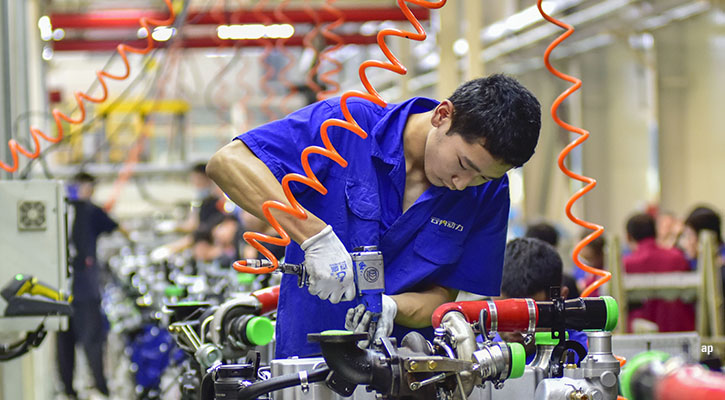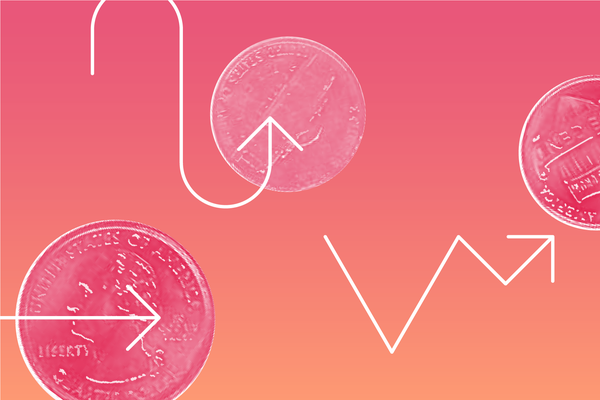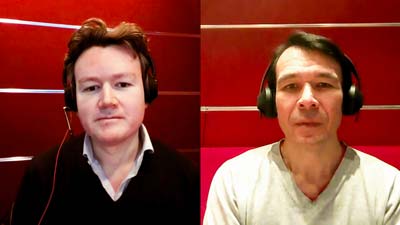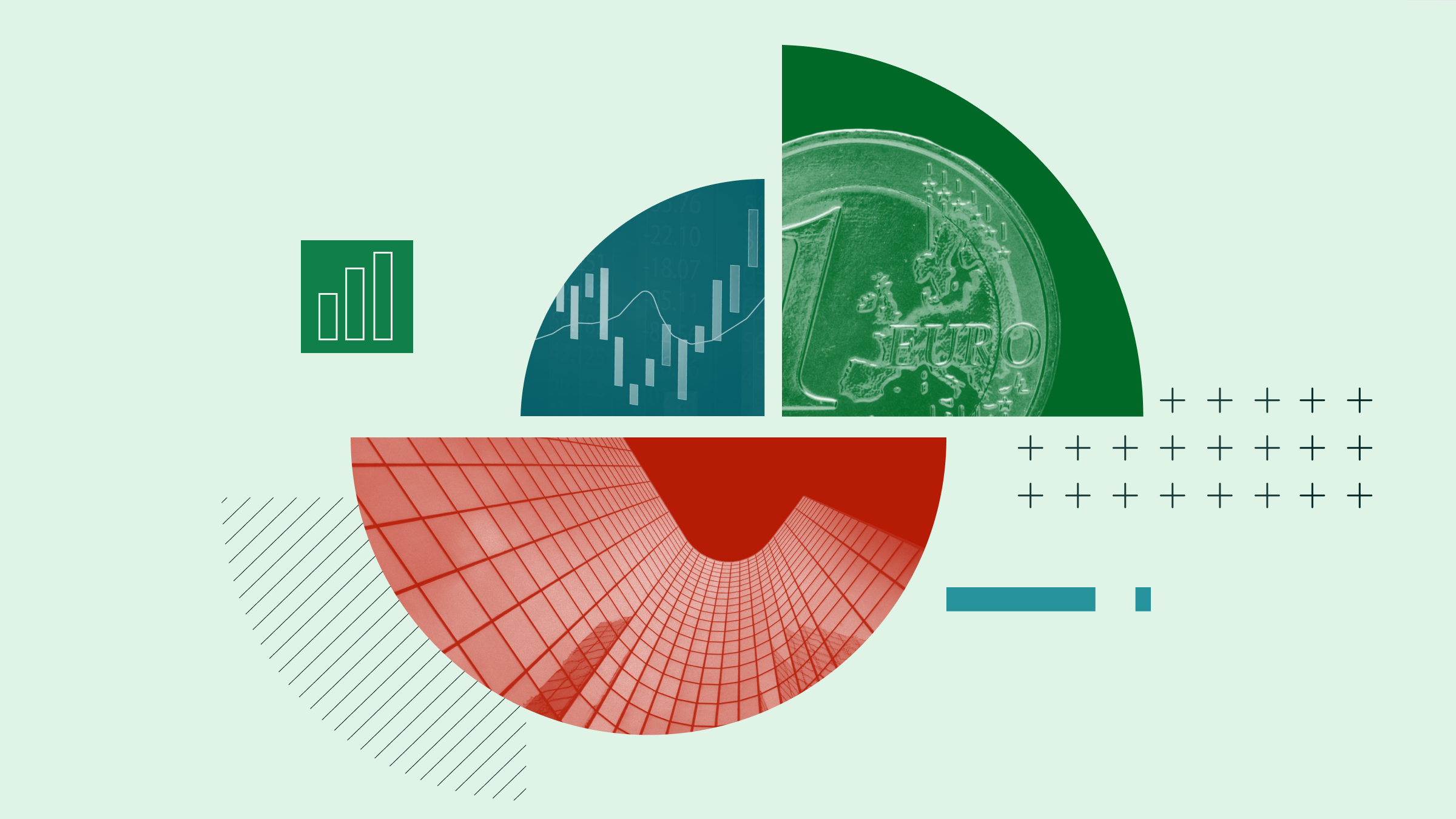Emma Wall: Hello and welcome to Morningstar. I am Emma Wall and I am joined today by Head of Global Emerging Markets for Aberdeen, Devan Kaloo.
Hello, Devan.
Devan Kaloo: Hello.
Wall: So we are here today to talk, in particular, about India. Very popular among emerging market investors at the moment. Do you think the fact that it has become bit of a consensus, means it actually – the gains have been made or is it still quite a compelling place for gains, returns?
Kaloo: I think India represents one of the best long-term stories for emerging markets for number of reasons. From our perspective one of the key reasons would be because some of the best run companies in emerging markets are to be found in India. But I think what people sometimes overlook is that India is going to what should be an extended cyclical recovery.
So having been the first to move into a slowdown back in 2009-2010 it's a first to recover and we think has probably the soundest underpinnings. Now, underpinning it is falling interest rates, falling inflation, pick up in government expenditure and indeed potentially a pickup in consumption as indeed private sector infrastructure.
So I think there is a lot to be said for the Indian growth story. And if we are looking next 2 to 3 maybe even 5 years I think the growth story is there for some time to come.
The concern that people have with India, of course, is that expectations ran ahead of what they could deliver as is often the way any markets, valuations have not been cheap and indeed some people would argue expensive. But I think those concerns have dissipated. You know India this has been a laggard relative to many other emerging markets. And as we see good prospects now, good valuations certainly given this compelling longer term outlook for India. So, we are bulls on India. We are positive.
Wall: Looking then longer term out of perhaps a 10-year view. Would you say India is the most compelling of the emerging markets? I know it's very heterogeneous group of countries, but if you have to pick one for 10-year returns, which one would it be?
Kaloo: I think India would certainly be one of them. When we look at the world going forward there is lots of risks. There is a risk to global growth, there is a risk to political scenarios, there is a risk to global monetary policy. And India is probably the least impacted or one of the least impacted countries. It is a very much a more domestic story. And as a result, probably one of the safer stories within emerging markets and indeed actually I suspect globally as well. So, yes, I would say if you're looking to make an investment over 10 years you couldn't go far wrong with India.
Wall: And looking then at those risks that you mentioned. What are ones that are causing you the most concern as emerging market investor at the moment?
Kaloo: I think when we look at emerging markets over the last few years there has been three big problems; the first has been people's concerns about China and whether that was about to implode or explode depending on your viewpoint; the second is the rise of the dollar and U.S. monetary policy; and third is earnings.
And I think the one that probably concerns us the most or keeps us up at night, if you will, is with regard to U.S. monetary policy and that's more broadly global monetary policy because we've gone through a period since 2008 of extraordinary quantitative easing program. And there is a concern and a growing concern that that's coming to an end. The efficacy of that monetary policy is reducing and certainly that bears some significant risks.
And the risks are that the bond markets today are very expensive, interest rates globally, particularly for developed markets, are either negative or very low, that's unsustainable. And it's sustained that way because of QE. So if we run out of QE there is a risk that those bond yields rise. And that will have some significant negative implications for financial assets.
Now, when that happens? I don't know. But certainly it is a concern and one that we would worry about the most with regard to financial assets more generally.
Wall: And you mentioned China that has one of the risk, there is a lot of negative sentiment around China at the moment. What do you think needs to happen in order for that tight return? Is it a case of government stepping in more and trying to boost growth or is it that markets have to rally?
Kaloo: Well, as a fund manager and someone who is paid to invest capital, as a provider of capital, my biggest concern when thinking about that is to make sure that the companies earn a good return on capital. And ultimately that's the reason why we're little uncomfortable with China because the government intervenes too much. It intervenes in the pricing of capital and ultimately suppresses returns on capital. One of the reasons why returns on capital in China overall have been declining for decades now is because there is no discipline in our capital.
Now, when we look at China today, people's concerns are that the growth rates are going to come down. That there is potentially some sort of financial implosion likely as a result. The significant knock-on impact that would have for domestic growth, as well as global growth. We think that's overstated. We think ultimately the Chinese government will do what is required to keep growth growing, but at the expense of returns on capital.
So I suppose we have while an odd view on China, in that we don't believe it's going to blow up and, therefore, that's not a risk for emerging markets, but we're not wildly enthusiastic about investing in China because of returns on capital. So it's a mixed outlook we think for China. And probably longer-term, the answer is less government, not more.
Wall: And looking then at global emerging markets as a whole, the sector has been very challenged in recent years. If you look prior to the global financial crisis, you were seeing returns of sort of 10% a year. Which is the reality? Is it the returns that we've seen in the last few years, which are more challenged, more volatile, or will we see a return to those 10% a year?
Kaloo: Well, I started investing in emerging markets in 1994, and I think I'm now on to my 10th crisis in emerging markets. So I'd steer clear of making any bold predictions of what your returns are. But the one thing I'd say or couple of things I'd say is, first and foremost, in a low growth, low interest rate, low inflation world returns should be lower. So expecting the sort of returns that we've seen post-2005 to say 2010, are very unlikely.
That said, I do believe that you'd get better returns out of emerging markets relative to just about everything else going forward, particularly as many of these headwinds I talked about earlier in terms of China, the U.S. dollar, then earnings are turning into, if you like, more tailwinds. So returns going forward will be commensurate with, I think, the underlying growth. While in absolute terms they will be lower, they will be better than most other places. So we are positive.
Wall: And then looking slightly closer to home, I know you are Head of Global Emerging Markets, but we are sitting here in London. Brexit has obviously dominated the headlines over the last six months or rather a year. Do you think the effect of Brexit has been overstated? Or do you think we are yet to see the real impact, both in terms of the City of London and indeed as a country?
Kaloo: I think these things, as my father would say, you act in haste, repent in leisure. The knock-on impact of Brexit has yet to be felt because it's not fully understood what it actually means. And these next couple of years as they negotiate the exit from Europe, will be pretty crucial determining about the longer-term outlook for the U.K. Now, longer term has ever – I have no doubt that the U.K. will adjust, but there may be some pain along the way.
From an emerging market perspective, the key risk is not so much if the U.K. has a major slowdown, because its impact is less or more muted, but whether or not that has a knock-on impact with regard to the rest of Europe and potentially creates greater uncertainty, greater risk as a result of that. So I am positive about the U.K. longer term because ultimately economies recover, people would adjust, people deal with things. But I do think the consequences yet are still difficult to decide or to determine.
Wall: Now for something slightly different. We are going to have a quick fire round of questions to get to know you better as a man rather than a fund manager. What is the book currently on your beside table?
Kaloo: At the bedside table is a book my father's just written which is an autobiography of a gentleman who was the father of the palm oil industry in Malaysia. So I'm working my way through that. It's a fascinating story. So, yeah.
Wall: And what is your favorite app on your mobile phone?
Kaloo: It would be the Economist.
Wall: And then when you're taking a flight, do you prefer the window or the aisle seat?
Kaloo: I prefer the aisle because I can get out faster.
Wall: And if you are taking a long flight, what do you do to pass the time?
Kaloo: I either read or sleep.
Wall: Devan, thank you very much.
Kaloo: Thank you.
Wall: This is Emma Wall for Morningstar. Thank you for watching.
























